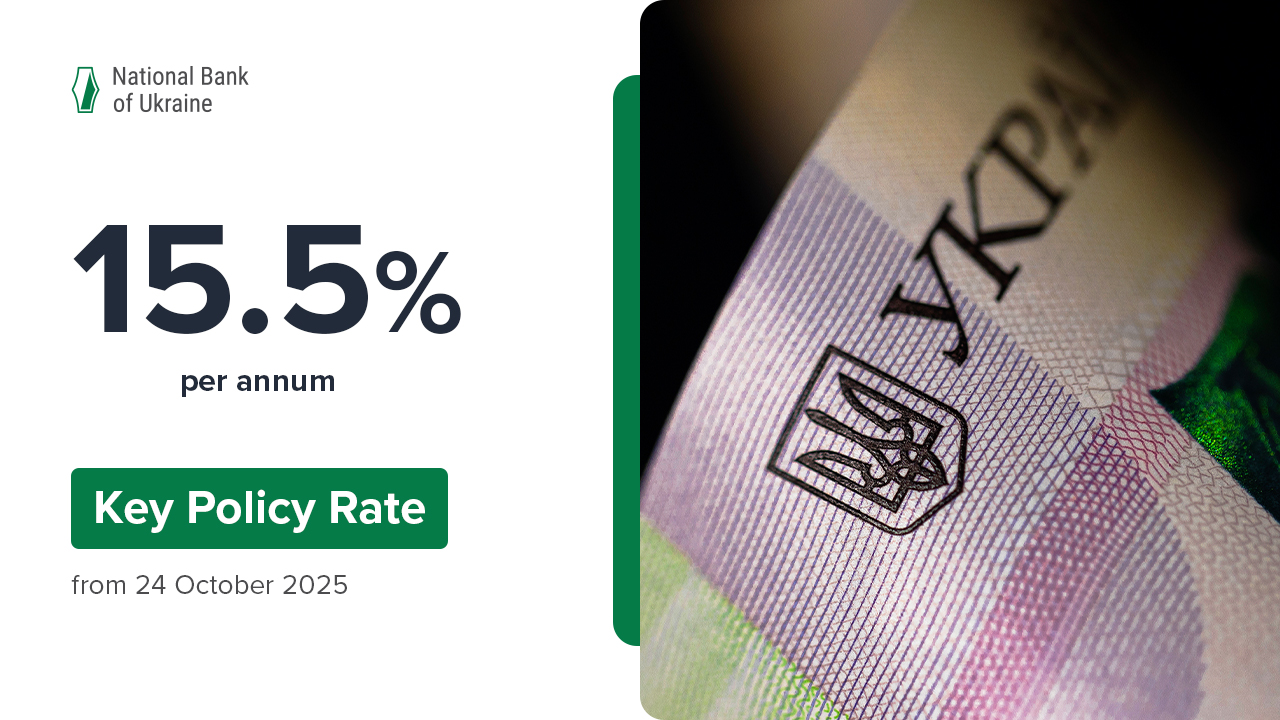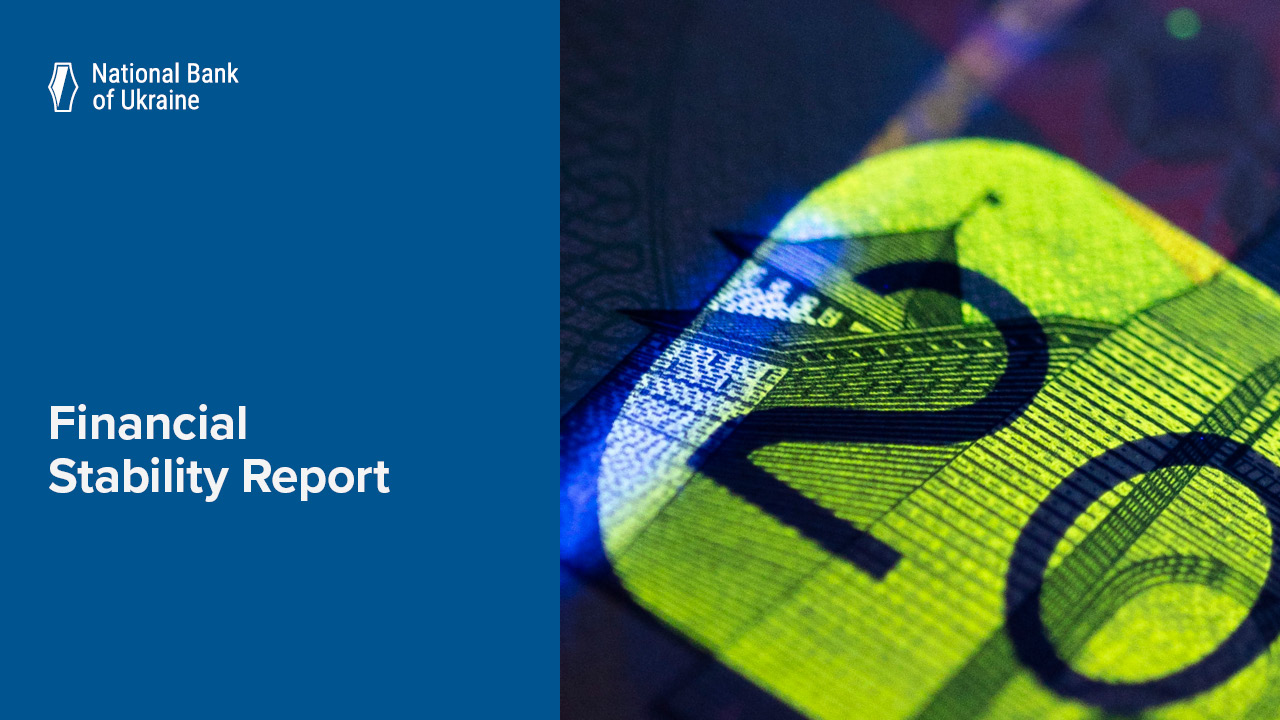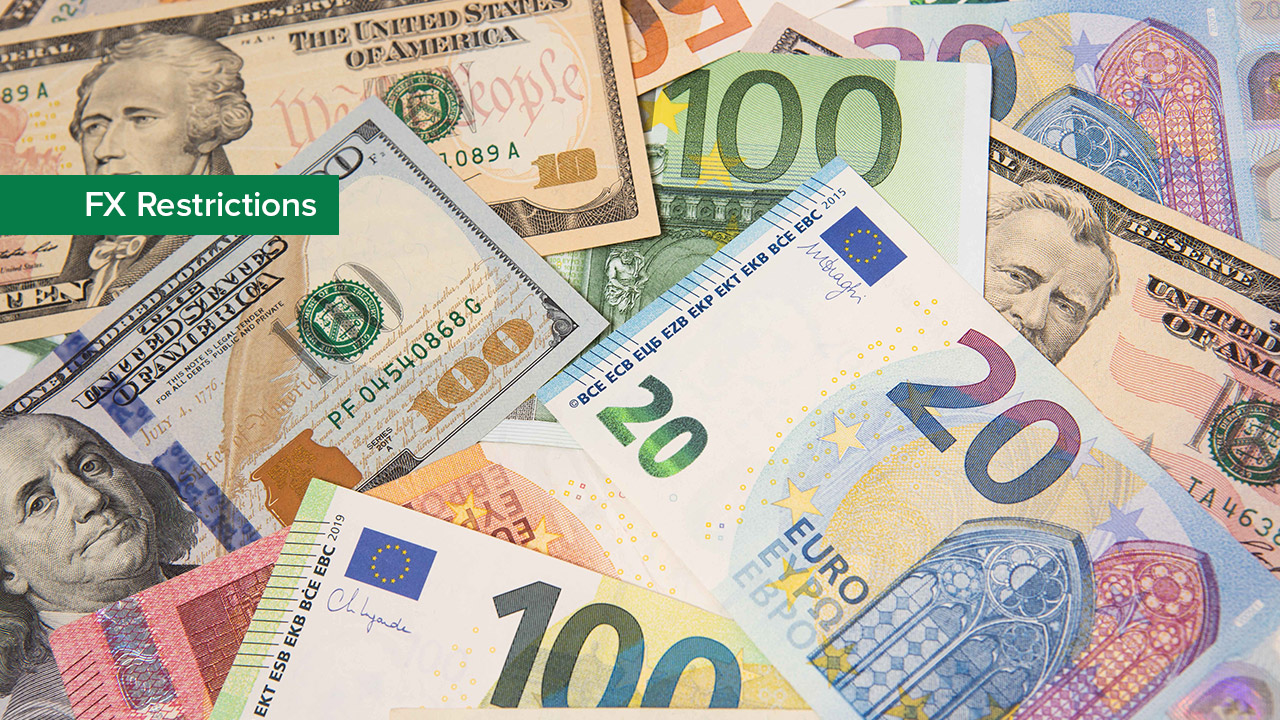On 23 July 2019, the National Bank of Ukraine (NBU) presented to bankers the vision of the new legal framework for the market of payments and money transfers.
At the meeting at the NBU Deputy Governor Sergii Kholod noted that the purpose of revising the legal framework for payments is to boost competitiveness, multipurposeness and flexibility of this market.
“New game rules on the market are expected to stimulate quality and innovation of payment products and services. As a result, users will gain access to multiple and low-cost services and be sure that their rights are protected,” noted the Deputy Governor.
Oleksandr Yablunivskyi, Director of the Payment Systems and Innovations Department, noted that the payments landscape developed rapidly both in Ukraine and globally. The effective Law On Payment Systems and Money Transfer in Ukraine was drafted back in 2001 and is obsolete and does not respond to the present demands.
“Since than new services have appeared and roles of payment market payers have changed. Thus all these changes need to be reflected in the up-to-date legal framework to advance the development of the Ukrainian payment market including in coherence with European trends,” explained Oleksandr Yablunivskyi. “Thus, the new legal framework will incorporate provisions of PSD2, including the Open Banking concept to foster competition, rights protection of users in payment services and swift introduction of cutting-edge technologies.”
According to Oleksandr Yablunivskyi, the NBU intends to introduce the new regulation of the payment market in stages:
- first, the NBU will draft the vision of future legal amendments jointly with market players
- the next step will be proposing these amendments to legislators and hearing the amendments in the parliament
- next, the NBU will revise its regulatory framework and together with market players draft new technical standards
- in the last stage, new regulation is expected to take full effect. These steps will enable implementation of Open Banking integrated with the new payment infrastructure based on international standards (ISO 20022) ensuring instant and continuous payment services.
“Main principles backing the new regulatory vision are partnership and synergy. Compliance with said principles reduces transaction costs, expands the service range, improves proactivity and inclusion of customers in the financial system,” noted Oleksandr Yablunivskyi.
Serhiy Savchuk, Deputy Director of the Licensing Department, told about the future system licensing for providing payment services. According to Serhiy Savchuk, one of the key novelties is cancellation of mandatory incorporation of and membership in the payment system to provide payment services.
The new architecture of the payment market will enable provision of payment services by banks, payment institutions, e-money institution, postal service operators, as well as government authorities and local self-governments. Banks will render payment services under banking licenses. Nonbank institutions will provide these services according to the license for providing payment services. Also, limited options to transfer funds are considered for special categories of providers (e.g. telecommunications and internet operators, retail networks, CIT companies etc.).
Sergii Kholod, NBU Deputy Governor hopes for meaningful cooperation with all market players on proposal to legal regulation of the payments market. The regulator also plans to hold series of meetings with the payment market players and software developers in order to develop a joint consolidated vision of the future amendments. Furthermore, external legal experts will be engaged in the project with the assistance of foreign donors.
Oleksandr Yablunivskyi summarized that the NBU expects the first draft of the revised legal framework for the payments market to be ready in September–October this year. Thus, the payments market may expect new laws and regulations next year.







